E komo mai! The Honolulu Community College is committed to the improvement of student learning across campus, including through all services and instructional units. Assessment is an ongoing and interactive process consisting of the following steps:
- Defining the outcomes.
- Determining appropriate methods to assess the outcomes.
- Gathering evidence of the outcomes.
- Analyzing the evidence.
- Using this information to improve student learning and evolve the program/service.
Contact Us
Please contact us if you have questions. We are happy to support you!
Chiara Logli, Ph.D.
Assistant Professor/Institutional Assessment Specialist
Honolulu Community College
874 Dillingham Blvd.
Building 27, Room 215H
Honolulu, HI 96817-4598
Phone: (808) 844-2317
E-mail: logli@hawaii.edu
https://www.linkedin.com/in/chiaralogli

